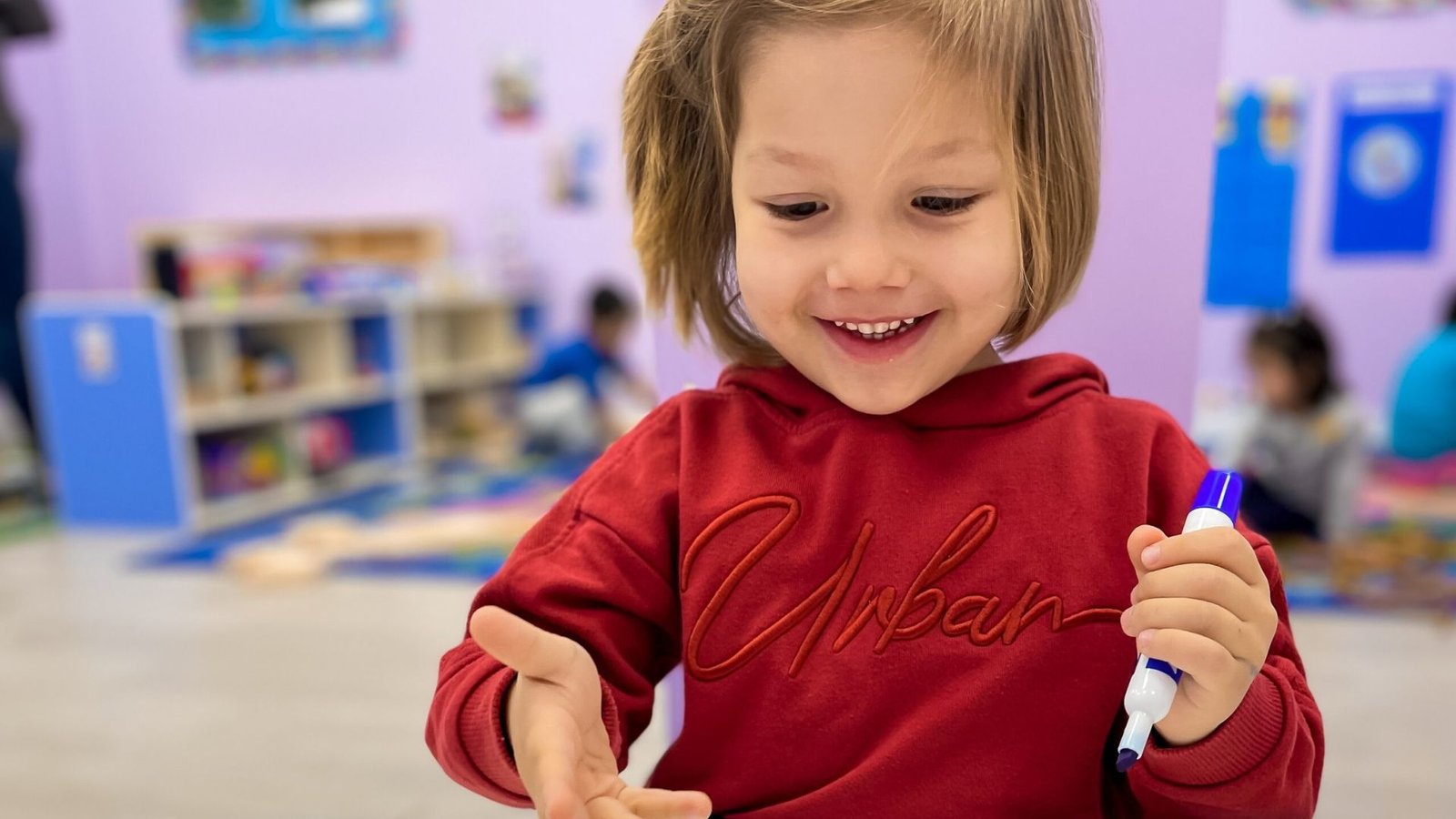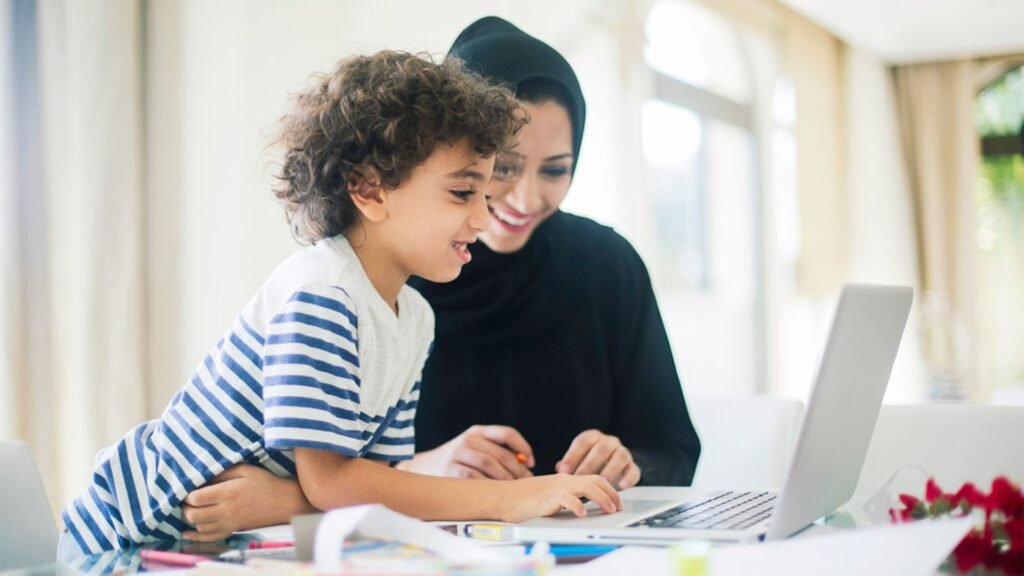Bilingual education offers numerous advantages for children, from cognitive development to cultural awareness. As global interconnectedness grows, the ability to speak multiple languages becomes increasingly valuable. This article delves into the benefits of bilingual education for children, highlighting its impact on cognitive skills, academic performance, social interaction, and future opportunities.

Cognitive Development and Brain Function
Enhanced Cognitive Skills
Bilingual children often exhibit superior cognitive skills compared to their monolingual peers. Learning and using two or more languages can enhance executive functions such as problem-solving, multitasking, and critical thinking. Bilingualism challenges the brain to manage multiple linguistic systems, strengthening overall cognitive abilities.
Improved Memory and Concentration
Studies have shown that bilingual individuals typically have better memory and concentration skills. The mental exercise involved in switching between languages and maintaining two sets of vocabulary improves working memory and attention span. This can benefit children in various academic and everyday tasks.
Greater Mental Flexibility
Bilingualism promotes mental flexibility, enabling children to switch between tasks and think creatively. This flexibility is linked to better adaptability and openness to new experiences. Bilingual children can approach problems from different angles and are more adept at adjusting to changing environments.
Academic Achievement
Better Academic Performance
Bilingual children often perform better academically, particularly in subjects that require high-level thinking skills, such as math and science. The cognitive advantages gained from bilingualism can translate into improved problem-solving abilities and a stronger grasp of complex concepts.
Enhanced Literacy Skills
Bilingual education can improve literacy skills in both languages. Understanding the structure and mechanics of two languages helps children develop better reading and writing abilities. This enhanced literacy skill set often extends to improved comprehension and expression in both their native and second languages.
Increased Attention to Detail
Bilingual children tend to have better attention to detail due to their experience in managing and differentiating between two languages. This heightened attention to detail can positively impact their performance in various academic disciplines and tasks that require precision.
Cultural Awareness and Sensitivity
Greater Cultural Understanding
Bilingual education fosters an appreciation for different cultures and traditions. By learning another language, children gain insights into the customs, values, and practices of other cultures. This cultural awareness promotes empathy and respect for diversity.
Enhanced Communication Skills
Bilingual children develop strong communication skills by interacting with speakers of both languages. This ability to navigate different linguistic and cultural contexts enhances their interpersonal skills and helps them build meaningful relationships with people from diverse backgrounds.
Broader Worldview
Exposure to multiple languages and cultures broadens children’s perspectives and helps them understand global issues from various viewpoints. This expanded worldview encourages open-mindedness and prepares children to engage in a multicultural world.
Social and Emotional Benefits
Improved Social Skills
Bilingual children often have advanced social skills due to their ability to communicate with a wider range of people. Being able to interact in different languages fosters confidence and helps build strong social connections with peers, teachers, and community members.
Enhanced Self-Esteem
Mastering multiple languages can boost a child’s self-esteem and sense of achievement. The ability to communicate effectively in more than one language provides a sense of accomplishment and can increase a child’s confidence in their abilities.
Increased Empathy
Understanding and speaking another language helps children appreciate the challenges and experiences of others who speak that language. This empathy fosters positive relationships and contributes to a supportive and inclusive learning environment.
Conclusion
Bilingual education offers a wealth of benefits for children, ranging from cognitive and academic advantages to enhanced cultural awareness and future career opportunities. By fostering cognitive development, improving academic performance, and promoting social and emotional growth, bilingual education prepares children to thrive in a diverse and interconnected world. Investing in bilingual education equips children with valuable skills that will benefit them throughout their lives and contribute to a more inclusive and global society.

